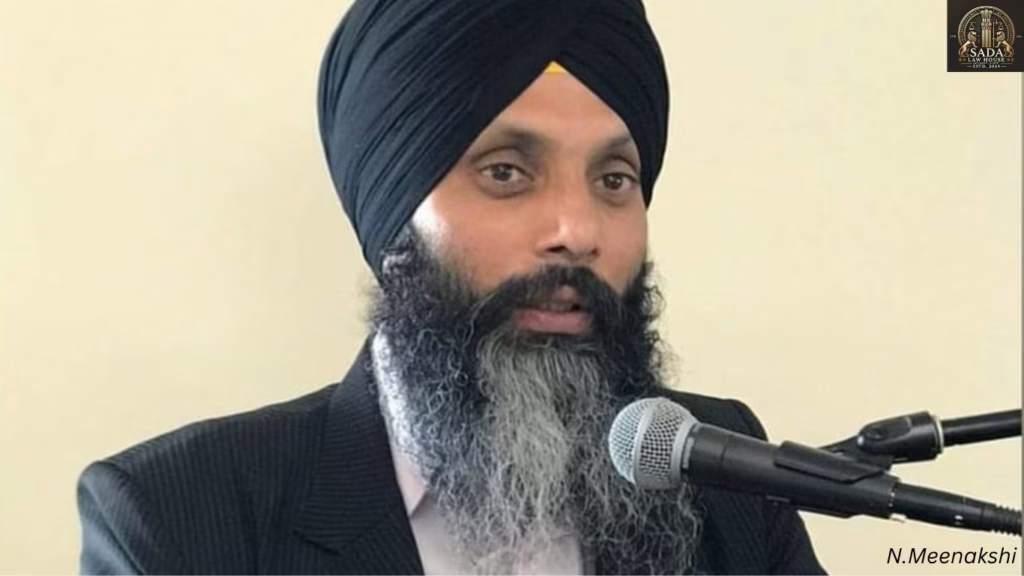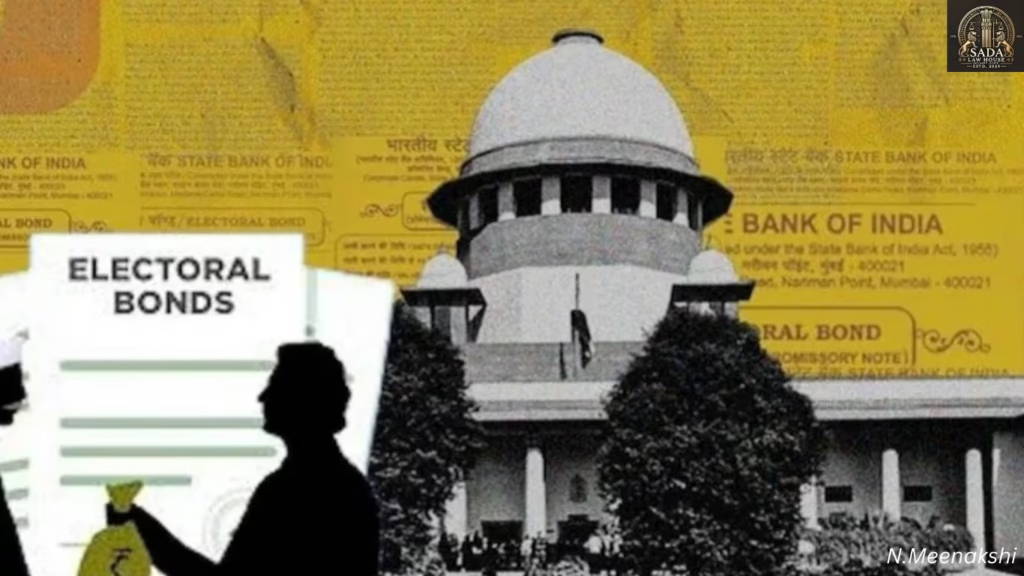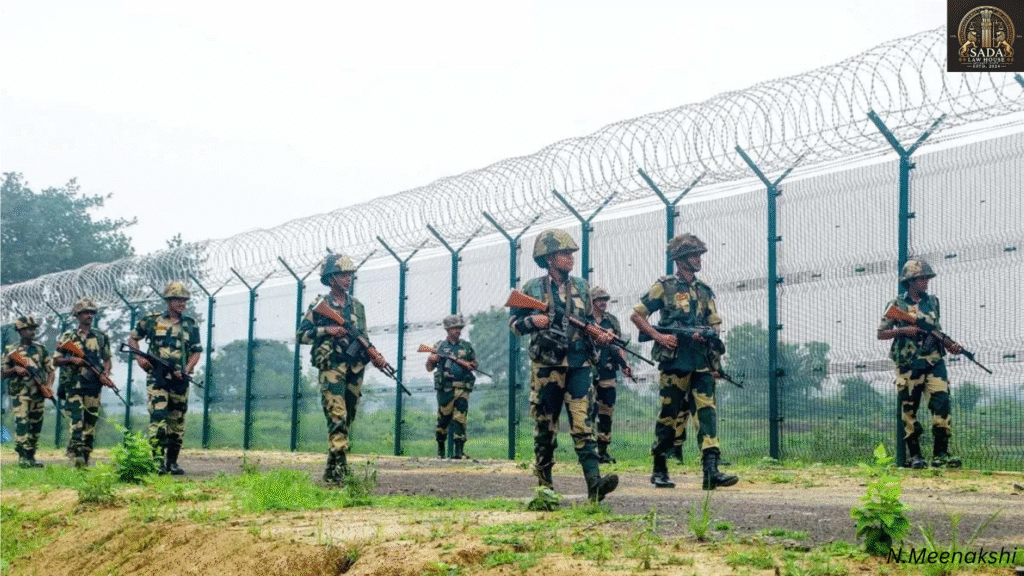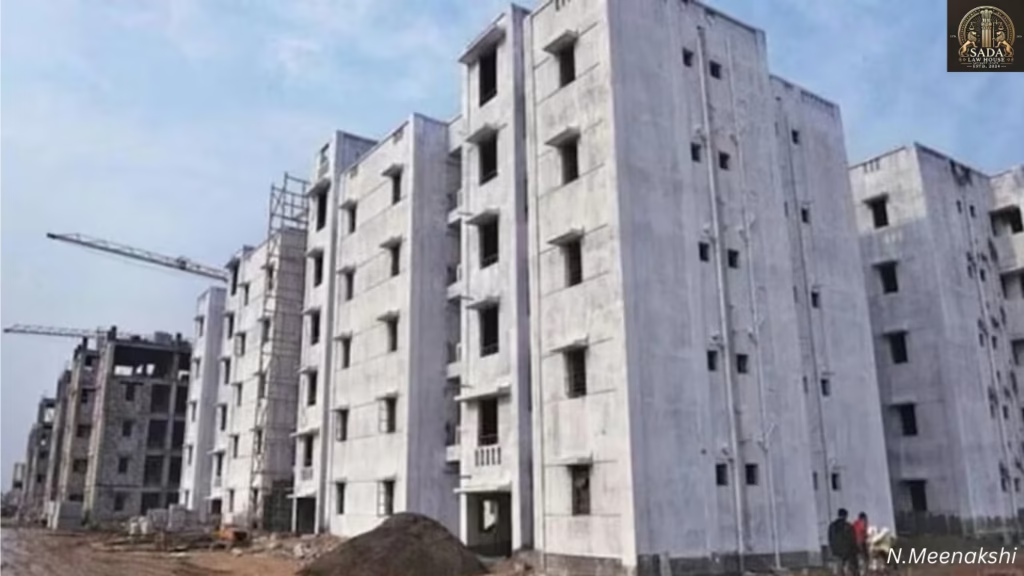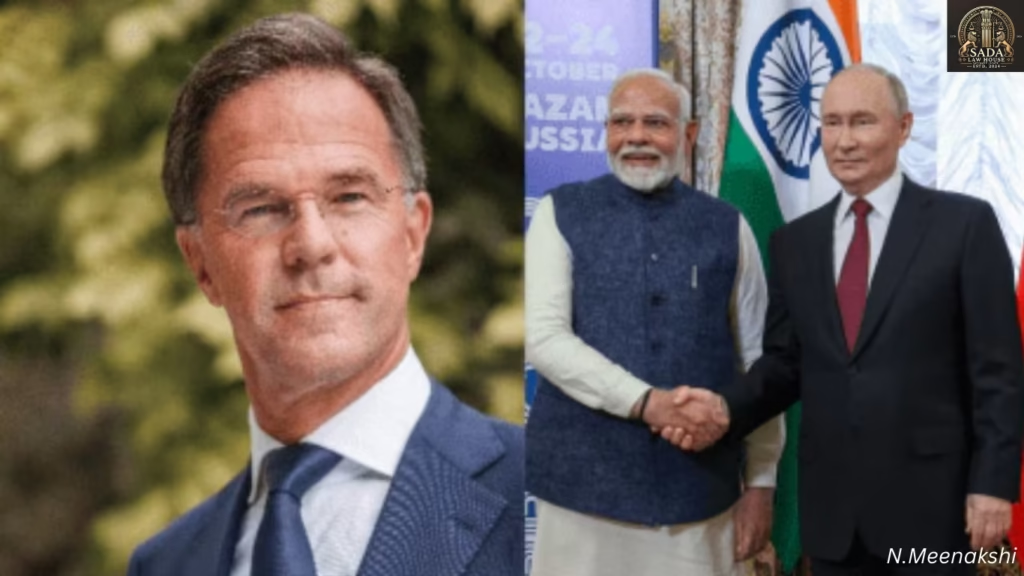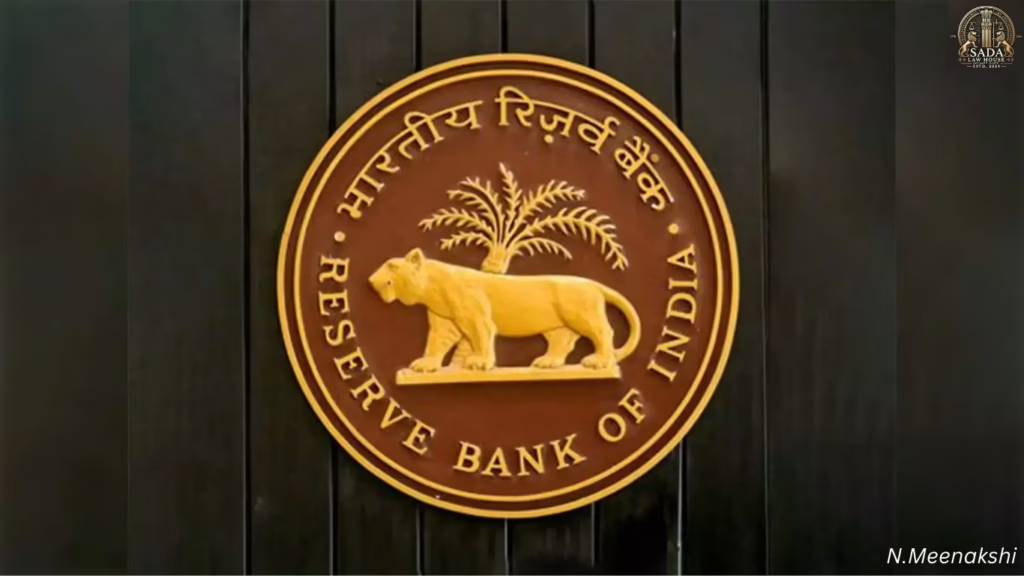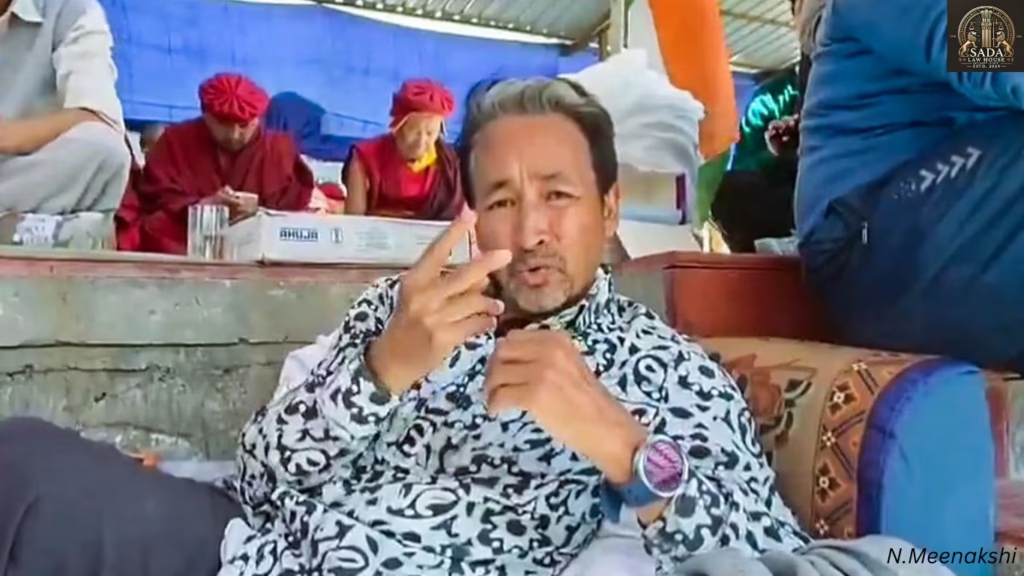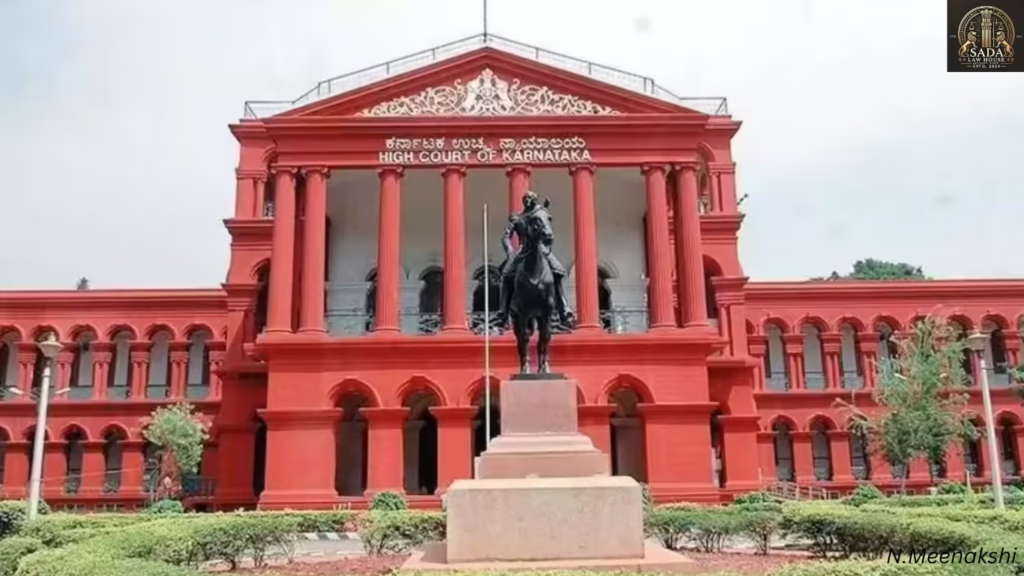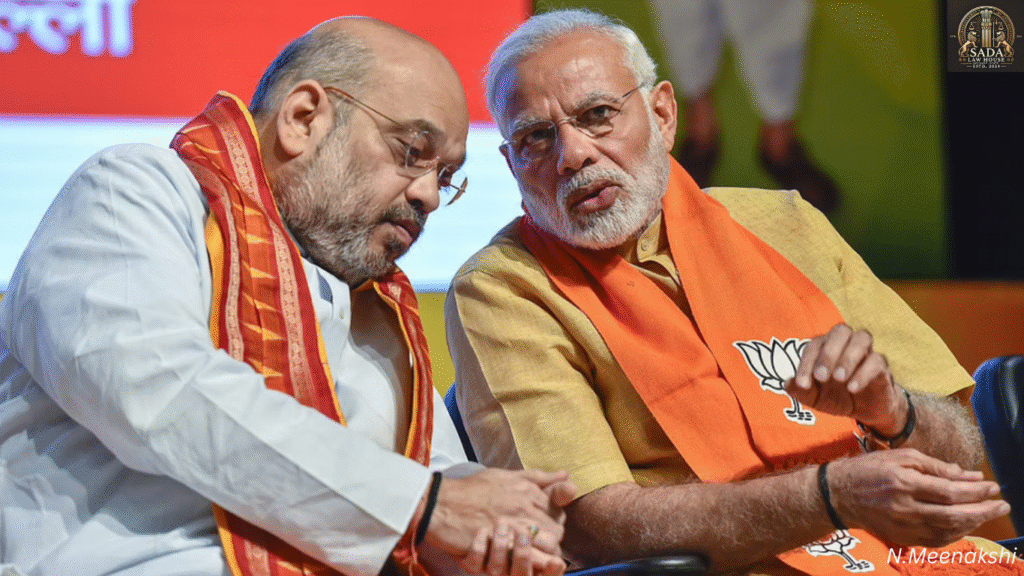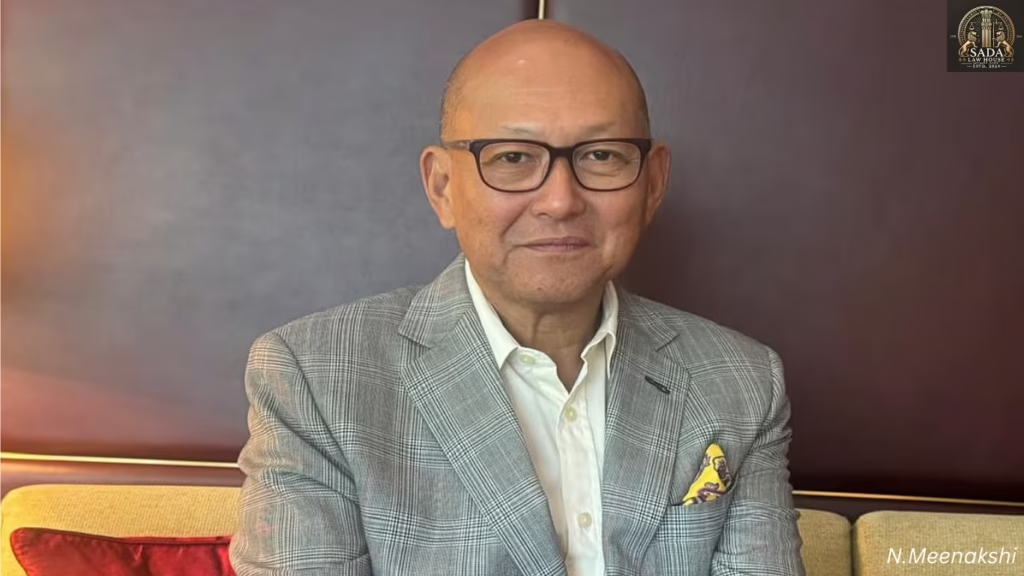India and Canada Diplomatic Row Escalates Over Alleged Involvement in Sikh Leader’s Killing
Trending Today India and Canada Diplomatic Row Escalates Over Alleged Involvement in Sikh Leader’s Killing Supreme Court to Review Plea on Electoral Bonds Scheme India and Bangladesh Hold High-Level Border Security Talks to Tackle Migration, Smuggling, and Water-Sharing Disputes PM Modi Launches National Urban Housing Mission 2.0: A Renewed Push for Affordable Housing Ahead of 2026 Elections MEA Rebuts NATO Chief’s Claim on Modi-Putin Call Over Ukraine, Tariffs Government Appoints Shirish Chandra Murmu as Deputy Governor of RBI: A Move Ahead of Critical Policy Review Sonam Wangchuk Arrested After Violent Ladakh Statehood Protests Determination of Control over Administrative Services between the Elected Delhi Government and the Union Government under Article 239AA Supreme Court Defines Status of Electricity Dues in Corporate Liquidation under IBC Shatrughan v. The State of Chhattisgarh – Acquittal on Grounds of Weak Circumstantial Evidence India and Canada Diplomatic Row Escalates Over Alleged Involvement in Sikh Leader’s Killing Shristi Singh 30 September 2025 Introduction Diplomatic tensions between India and Canada have escalated sharply after Canadian Prime Minister Justin Trudeau alleged that Indian agents might have been involved in the killing of Sikh separatist leader Hardeep Singh Nijjar in British Columbia. The claim has triggered a series of diplomatic expulsions, suspension of services, and a freeze in bilateral talks, straining relations between the two countries. Background Hardeep Singh Nijjar, a pro-Khalistan activist and Canadian citizen, was shot dead outside a gurdwara in Surrey, Canada, in June 2023. India had declared Nijjar a wanted terrorist, accusing him of promoting separatism and violent extremism. Canada, home to one of the world’s largest Sikh diasporas, has long faced criticism from India for allegedly allowing extremist Khalistani groups to operate with impunity. The Allegations On 18 September 2023, Prime Minister Trudeau told the Canadian Parliament that “credible allegations” linked Indian government agents to Nijjar’s killing. He described the matter as a serious violation of Canadian sovereignty and urged Indian cooperation in the investigation. India firmly rejected the claims, calling them “absurd and motivated”, and demanded concrete evidence from Canada before making such accusations. Diplomatic Actions Canada expelled a senior Indian diplomat. India retaliated by expelling a Canadian diplomat of equivalent rank. India suspended visa services for Canadian citizens, citing “security threats.” Ongoing trade talks between the two nations were placed on hold. International Reactions United States & United Kingdom: Expressed concern, urging both sides to maintain dialogue and support transparent investigations. Australia: Stressed respect for international norms and due process. Civil Society Groups: Divided—some backed Trudeau’s stance, while others accused Canada of overlooking extremist activities within its borders. Legal and Political Implications International Law: If proven, the allegations could amount to a violation of sovereignty and trigger significant legal and diplomatic consequences. For India: Potential damage to its diplomatic image and relations with Western allies. For Canada: Trudeau faces domestic pressure for escalating tensions without presenting hard evidence, risking political backlash. Conclusion The India-Canada diplomatic dispute underscores the delicate intersection of diaspora politics, counterterrorism, and international diplomacy. As investigations proceed, the path ahead will determine whether the two nations can de-escalate tensions or face a prolonged diplomatic standoff. A balanced resolution remains crucial for protecting trade ties, people-to-people relations, and regional stability. Leave a Reply Cancel Reply Logged in as Sada Law. Edit your profile. Log out? Required fields are marked * Message* Live Cases India and Canada Diplomatic Row Escalates Over Alleged Involvement in Sikh Leader’s Killing Sada Law • September 30, 2025 • Live cases • No Comments Supreme Court to Review Plea on Electoral Bonds Scheme Sada Law • September 30, 2025 • Live cases • No Comments India and Bangladesh Hold High-Level Border Security Talks to Tackle Migration, Smuggling, and Water-Sharing Disputes Sada Law • September 30, 2025 • Live cases • No Comments 1 2 3 … 5 Next »

